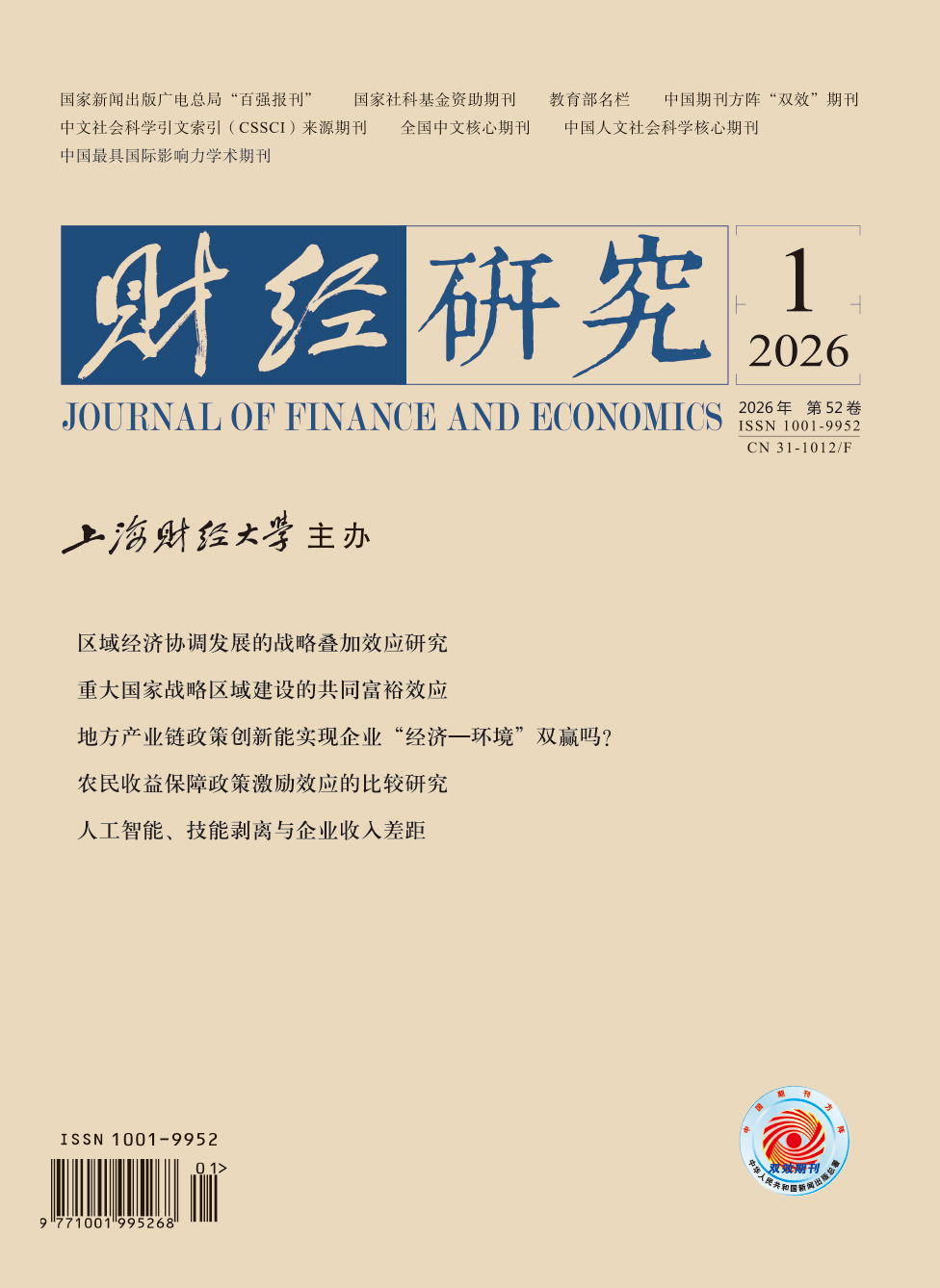Peer behavior is a key factor affecting corporate philanthropy. Based on social embeddedness theory, this paper studies the peer effect of corporate philanthropy from a perspective of board network embedded. It arrives at the following conclusions: firstly, when enterprises embed themselves in the board networks, philanthropy behavior among connected enterprises has significant peer effect; secondly, corporate philanthropy affected by the peer effect provides convenience for self-interest of the management, namely the management in state-owned enterprises enjoys higher non-monetary benefits and the one in non-state-owned enterprises enjoys higher monetary benefits; thirdly, corporate philanthropy affected by the peer effect does not lead to the increase in government subsidies but results in the significant improvement of enterprise performance. Therefore, enterprises should treat board networks rationally, selectively learn from and imitate charitable donations of connected enterprises, to avoid that the loss outweighs the gain.
 / Journals / Journal of Finance and Economics
/ Journals / Journal of Finance and EconomicsJournal of Finance and Economics
LiuYuanchun, Editor-in-Chief
ZhengChunrong, Vice Executive Editor-in-Chief
YaoLan BaoXiaohua HuangJun, Vice Editor-in-Chief
On Peer Effects of Corporate Philanthropy: A Study Based on Board Networks
Journal of Finance and Economics Vol. 43, Issue 08, pp. 69 - 81 (2017) DOI:10.16538/j.cnki.jfe.2017.08.006
Abstract
References
Abstract
Cite this article
Wang Ying, Cao Tingqiu. On Peer Effects of Corporate Philanthropy: A Study Based on Board Networks[J]. Journal of Finance and Economics, 2017, 43(8): 69–81.
Export Citations as:
For
ISSUE COVER
RELATED ARTICLES




 10089
10089  8448
8448

